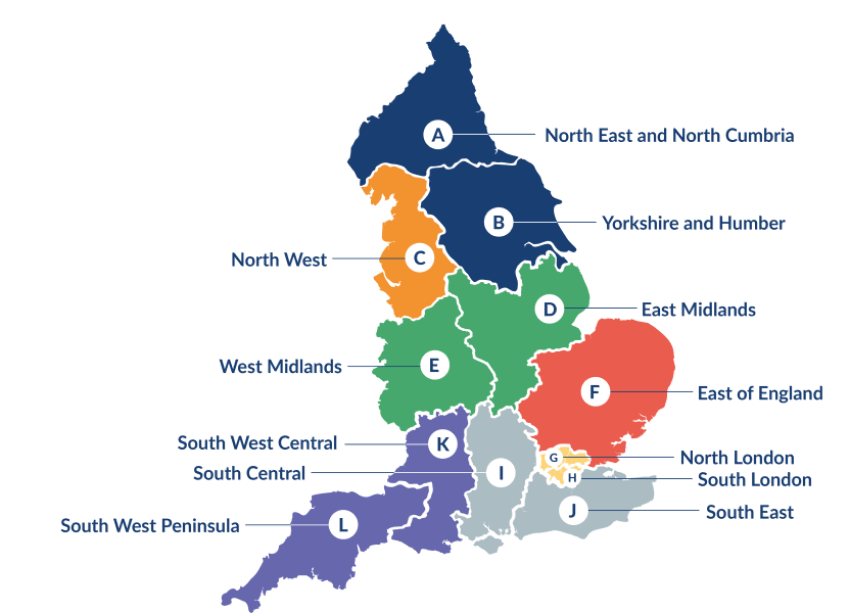Opportunities to develop research skills
Announcement
The National Institute for Health and Care Research (NIHR) has announced funding for universities across 12 regions in England to provide research training and engagement programmes for students and early career professionals. How could this support art therapists and the art therapy profession?

What is the funding for?
The £33.2m funding is for three years, and supports institutions to deliver engagement programmes to attract people into research careers, and fully-funded research masters places to train those new to research.
The funding is part of the new INSIGHT: Inspiring Students into Research scheme. The scheme aims to help students and those at early career stages to access the full range of research careers, from research delivery to academic.
We know how important early exposure to research is for helping students and early career professionals develop the knowledge and skills needed to join the research workforce and build successful research careers in the future. I’m delighted that we can invest in our next generation of researchers in this way, and show students all of the benefits that research roles and careers have to offer.
Professor Waljit Dhillo, Dean of NIHR Academy
Training to help build successful research careers
With over 300 masters places available per year across 12 regions, the INSIGHT Programme aims to build research capacity across England, making sure competitive research training opportunities are available to all regardless of geography.
The programme will promote the benefits of research careers within health and care, including careers combining research and practice. Activities will include workshops, networking, mentoring programmes and showcase events.
As an art therapist, why consider training in research?
There is an emerging evidence base for art therapy. However, the development of the evidence base has been held back by a lack of research capacity within the profession. If we want to better understand what is and is not helpful about for whom under which circumstance and develop effective art therapy practice, we need more high quality research.
Increasing the quality of our art therapy research is also one of the ways we can increase trust and recognition of our profession with commissioners, policy makers and service users.
Fully funded research masters
Each region has been awarded up to 30 masters studentships per year.
The regional programmes are open to students and recent graduates from professions without much exposure to research during their professional training, including registered healthcare professions such as art therapists.
This will broaden access to research training and help create a more diverse research workforce.
The fully-funded (including both course fees and stipend) research masters opportunities will enable students and recent graduates to gain valuable research training and experience. This will help develop the skills needed to join the research workforce and build capacity within health and social care.
They can be held full-time or part-time (over two years). The first cohort of places started in September 2024.

Which organisations are involved?
Regional INSIGHT Programmes include a wide range of organisations such as universities, NHS Trusts, and Local Authorities.
As part of the scheme, institutions in each region will advertise their research masters training and engagement opportunities.
The lead institutions within each region are:
- King’s College London
- Northumbria University
- University of Southampton
- University of Brighton
- University of the West of England
- University of Nottingham
- University of Essex
- University of Birmingham
- University of Central Lancashire
- City, University of London
- University of Plymouth
- University of Leeds
If you’re interested, keep a look out in your area for opportunities. You can find out more at the INSIGHT website.
Early Career Researcher Prizes
Our biennial Early Career Researcher Prize aims to support art therapy research by celebrating the valuable and innovative work produced by early career researchers. Anyone conducting art therapy research who is currently enrolled on a research degree, or within 3 years of graduation, is welcome to submit a research paper.
